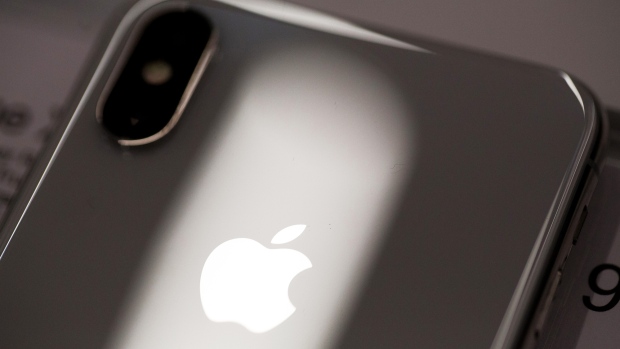Jun 13, 2018
Apple to close iPhone security loophole used by law enforcement
, Bloomberg News

Apple Inc. plans to eliminate an iPhone security vulnerability that has been used by U.S. law enforcement agencies to hack into the devices during investigations.
The patch prevents an iPhone’s USB port from being used for anything but charging an hour after the device has been locked, blocking access to data, Apple said in a statement. The move is already being criticized by some in the law-enforcement community, according to the New York Times.
"We’re constantly strengthening the security protections in every Apple product," a company spokesman wrote in the statement. "We have the greatest respect for law enforcement, and we don’t design our security improvements to frustrate their efforts to do their jobs."
Apple’s privacy practices have often put the company at odds with police and other government investigators. In 2016, the U.S. Justice Department clashed with Apple when the company refused to unlock an iPhone connected to a mass shooting in San Bernardino, California.





